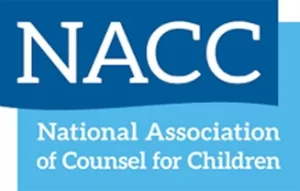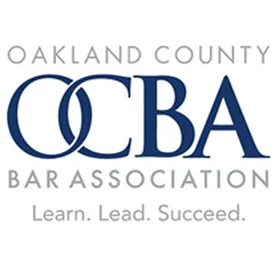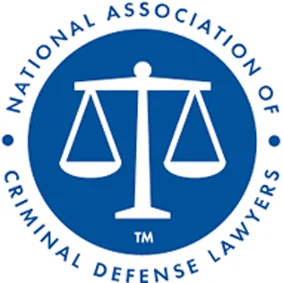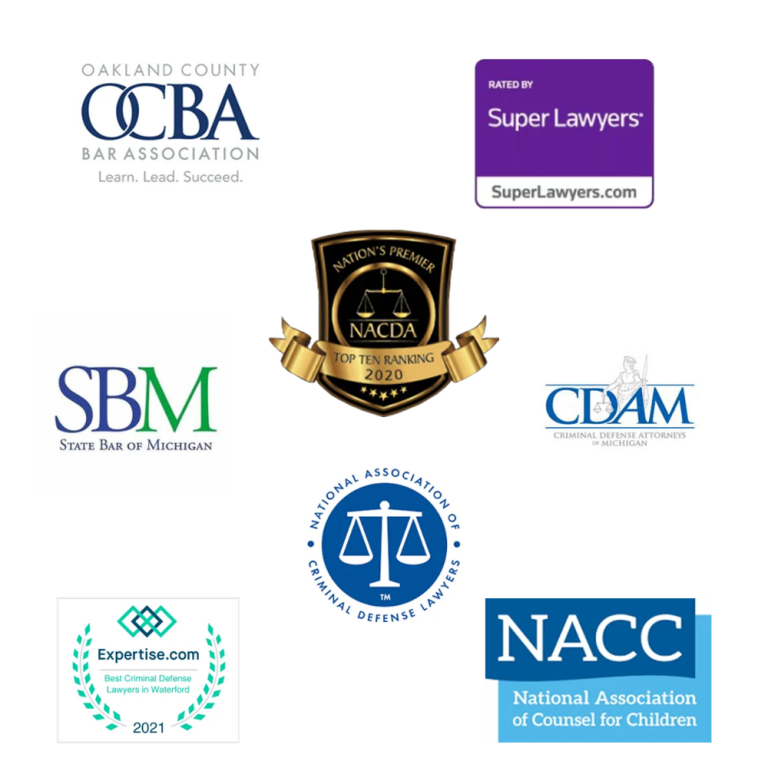What is nonconsensual pornography?
| Mar 3, 2021 | Criminal Defense |
With everyone having cameras at their fingertips via their smartphones, it’s only natural that some people are going to use it to take sexually explicit images of themselves or others. Couples may keep them for themselves or share them with each other.
However, there are a number of ways in which those images can get you in legal trouble – even if they were taken of a consenting adult. One of these involves posting or sharing what’s called nonconsensual pornography (NCP) – sometimes known as “revenge porn.”
What is revenge porn?
Revenge porn can destroy lives – of the people in the photos and those accused of distributing them. One of the most well-known cases of NCP involves former U.S. Rep. Katie Hill. She resigned her seat in Congress two years ago, accusing her estranged husband of leaking nude photos of her to the media.
Understanding Michigan’s NCP law
A number of states, including Michigan, have laws that make NCP a crime. Our state’s law prohibits the dissemination of “sexually explicit visual material” to “threaten, coerce, or intimidate” someone else if:
- The person in the image can be identified.
- The image was intended to remain private.
- The person in the image didn’t consent to its dissemination.
This law applies to images of adults (those 18 and over). Images involving minors are covered under other laws.
People convicted under Michigan’s NCP law can serve approximately three months behind bars and be fined up to $500 for a first offense. Repeat offenders can face as much as a year in prison and $1,000 in fines.
Other legal consequences
Often, those accused of NCP face other charges as well – some of them felonies. If the material is shared via phone or computer (which it typically is), they can be charged with things like malicious use of a telecommunications device.
People alleged to have shared NCP can also face civil litigation. Former Rep. Hill sued her ex-husband and media companies that published the photos of her.
If you’re facing charges related to NCP, you need to take them seriously. Whether you did in fact share photos of someone or another person obtained access to them and shared them, an experienced attorney can help protect your rights.










